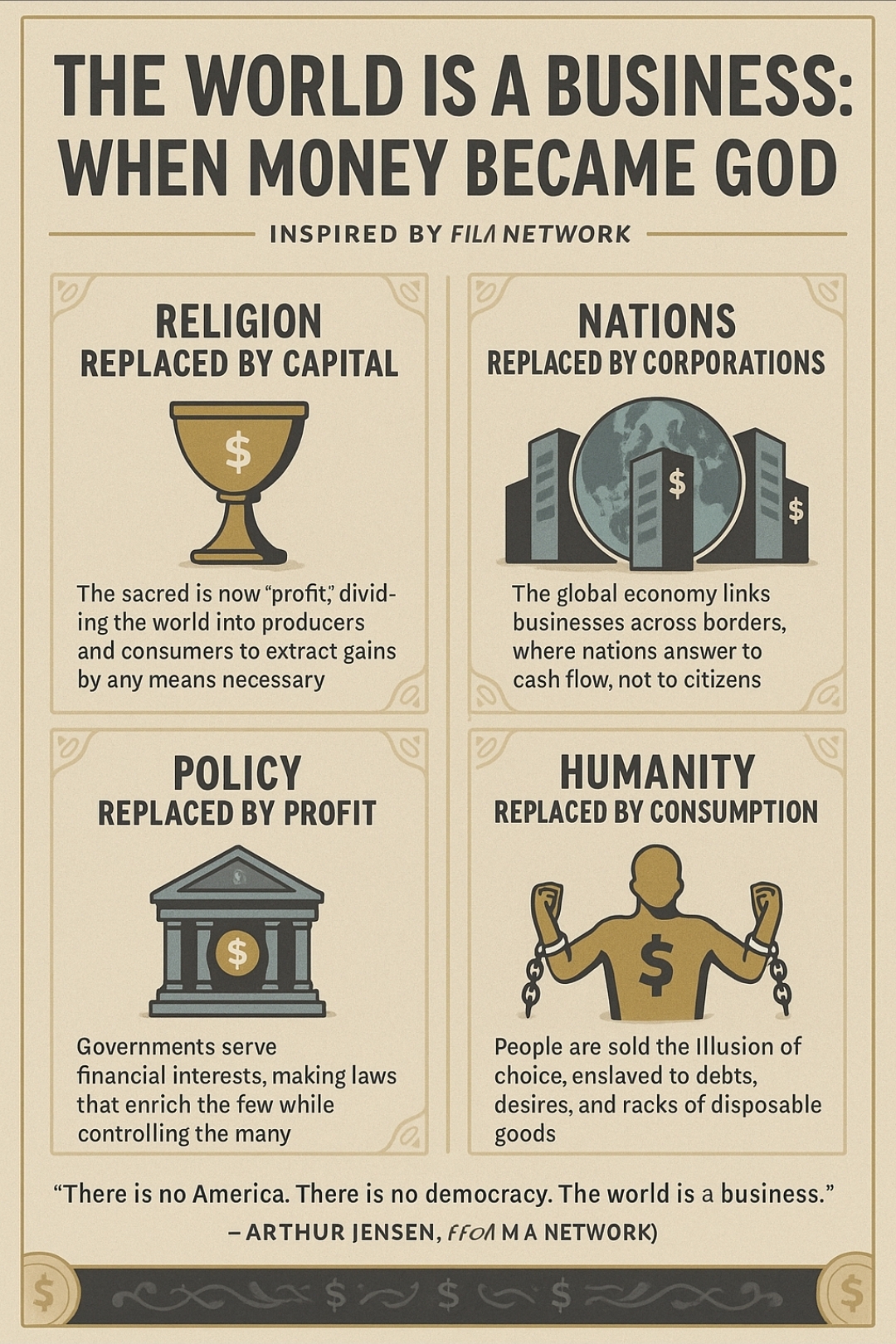There are speeches that echo beyond their setting, speeches that don’t just belong to a story but reveal the story we’re all in. One such moment is the chilling monologue delivered by Arthur Jensen to Howard Beale in Network. On its surface, it’s a corporate tirade. But underneath, it’s a philosophy of power, money, and the world we live in.
The Death of Nations
We are taught from childhood to pledge allegiance to countries, to imagine lines on maps as sacred, to believe ideologies drive history. Jensen shatters that illusion with brutal clarity: “There are no nations. There are no peoples. There is only one holistic system of systems… one vast, interwoven, interacting multinational dominion of dollars, petro-dollars, rubles, yen, and pounds.”
The real sovereignty doesn’t lie in presidents, parliaments, or parties. It lies in capital flows. Nations are masks. Behind them, the true rulers are balance sheets.
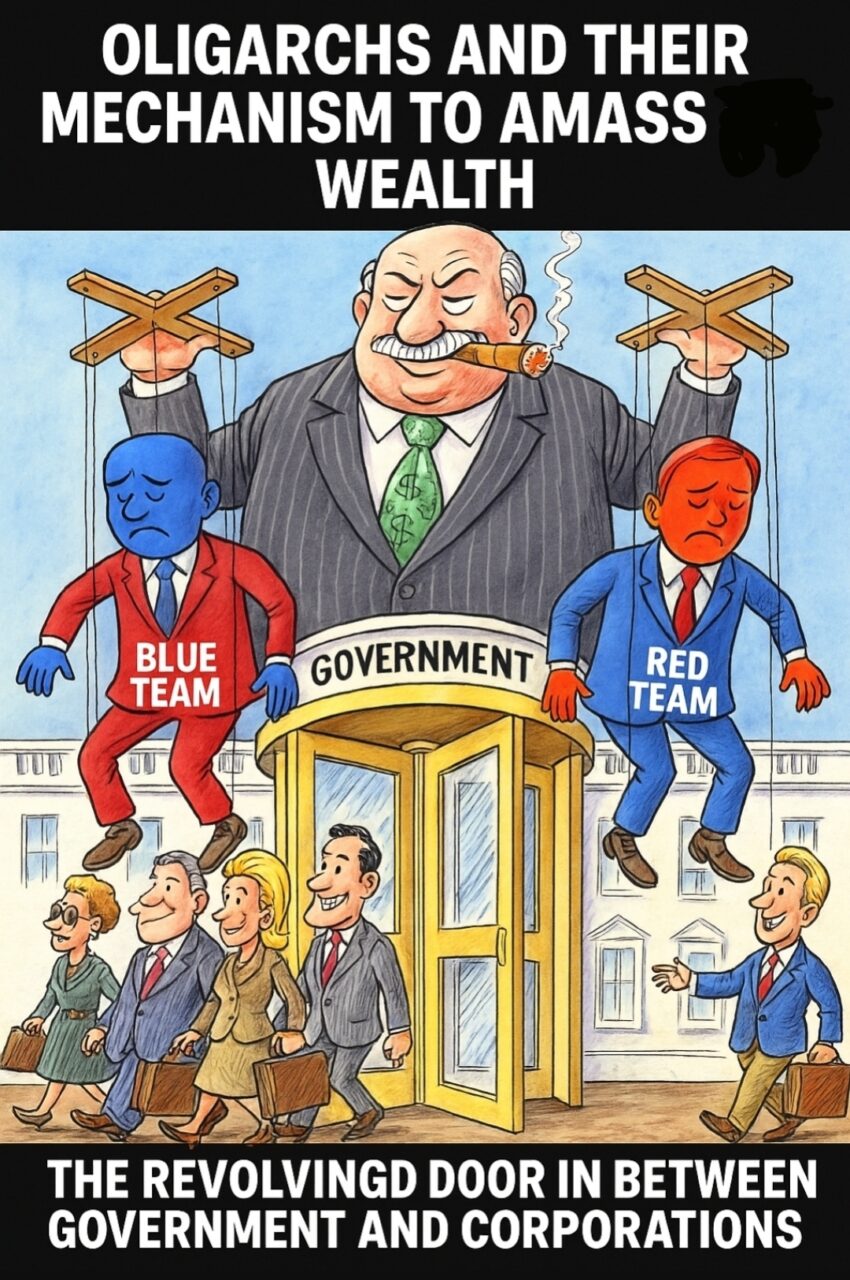
The Corporations as Kings
Jensen names them plainly: IBM, AT&T, DuPont, Union Carbide, Exxon. These are the nations of the modern world. They hold the armies of lawyers, the power of lobbyists, and the reach of advertising. They determine not just markets but minds.
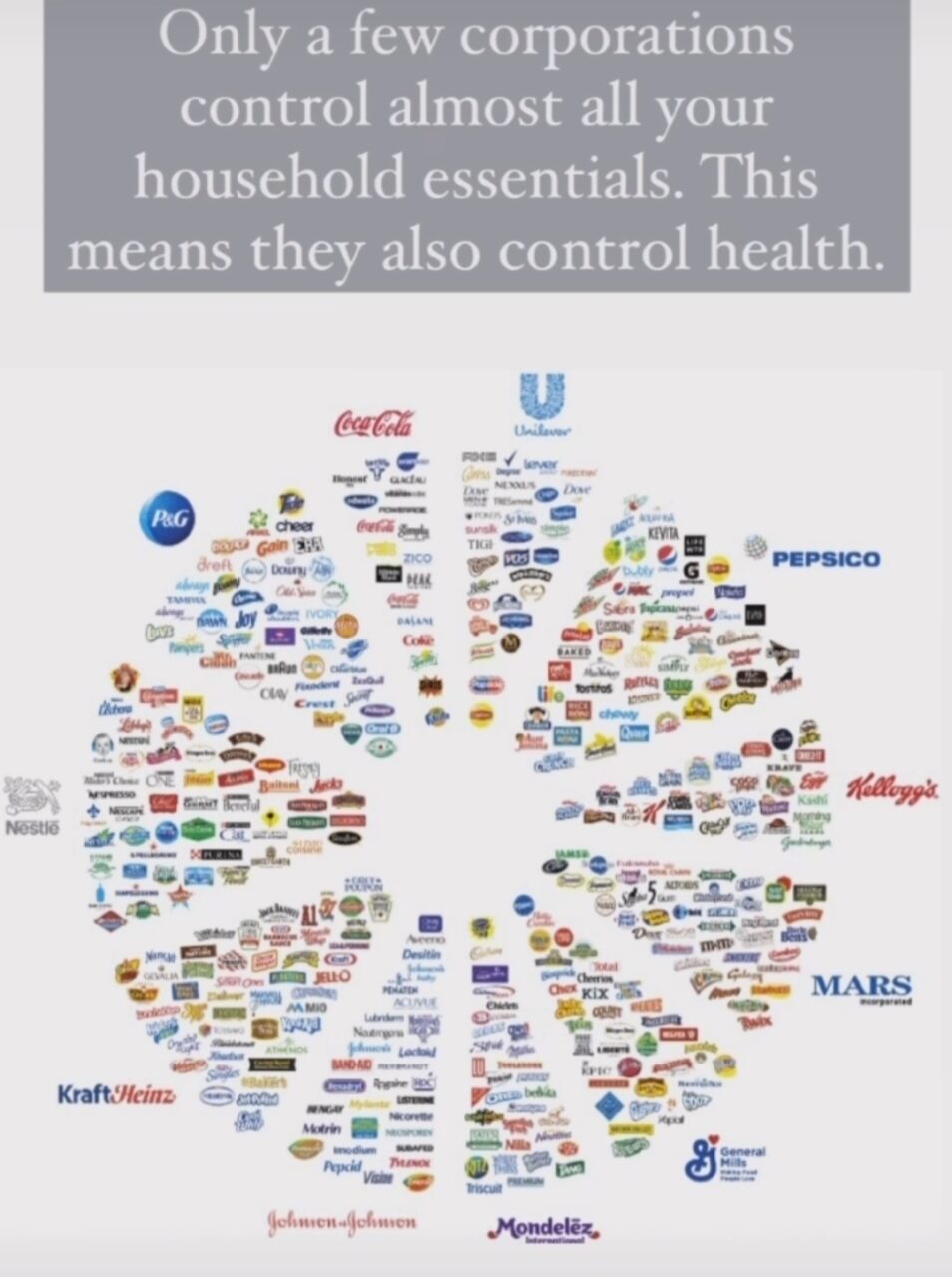
Even enemies, he says, know this truth. The Russians don’t sit around reading Marx — they’re crunching probabilities, calculating costs and returns, like any Wall Street analyst. Ideology has collapsed into economics. The Cold War itself, in this view, was less about communism versus capitalism than about competing corporate boards.
The Natural Order of Business
Perhaps the most haunting line is this: “The world is a business. It has been since man crawled out of the slime.”
Jensen elevates business to the status of nature. Just as gravity holds the planets, profit holds humanity. It’s not merely an institution — it’s presented as eternal law, a primal force of nature.
By framing commerce as cosmic inevitability, resistance becomes folly. If money is gravity, then you don’t fight it; you fall in line.
The Corporate Utopia
Oddly enough, Jensen doesn’t stop at realism. He pivots into prophecy. He paints a corporate heaven: no war, no famine, no oppression. One global holding company, where all men work toward a “common profit” and everyone owns stock. All needs met, all anxieties tranquilized, all boredom amused.
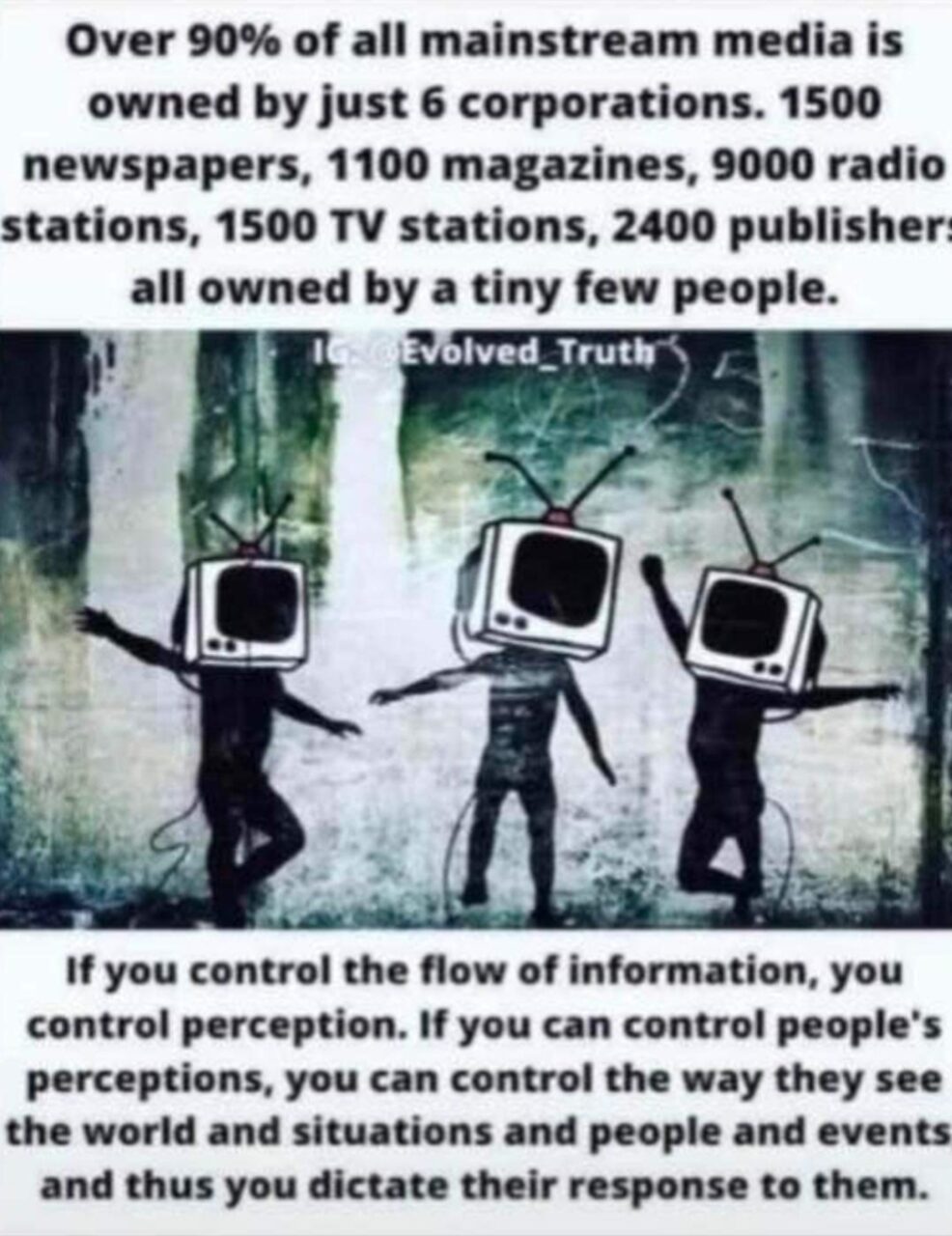
It is a terrifying dream. A world without freedom but without want. A world of perfect order, but at the cost of individuality. The corporate state promises peace, but only by reducing humanity to shareholders in a machine.
Why Beale? Why Television?
Jensen chooses Howard Beale as his prophet not because Beale is wise, but because he is visible. “Because you’re on television, dummy.” Sixty million people tune in every night. Television is the new church. The screen is the pulpit. The corporation has its gospel, and Beale is to deliver it.

This is perhaps the most prophetic detail of all. Today, influencers, media personalities, and algorithm-driven feeds carry messages to billions. The medium is no longer just entertainment; it’s the primary instrument of ideology — or anti-ideology.
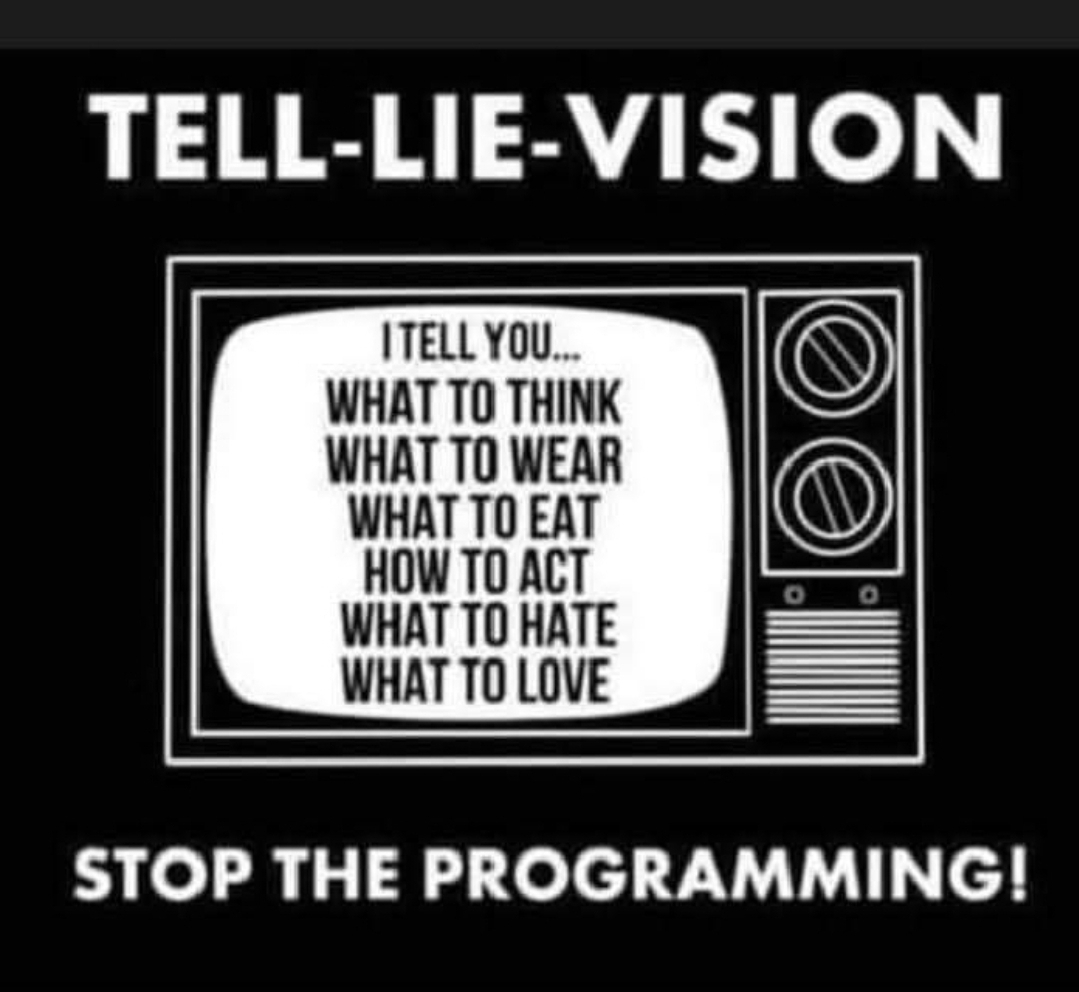
The Face of God
Beale, shaken to his core, whispers, “I have seen the face of God.” Jensen smirks and says he might be right. In this cosmology, God is not a deity of faith or justice. God is the market. God is the system. God is the endless, self-sustaining cycle of profit.
And that, perhaps, is the most unsettling revelation: we may already be living in the religion Jensen describes.
Final Reflection
The speech from Network was written in the 1970s, but it reads today like prophecy fulfilled. Nations still wave flags, leaders still give speeches, but behind the curtains, global corporations and capital flows shape reality.
The question for us isn’t whether the world is a business. The question is whether we accept that vision — and whether we are content to live in a universe where money has become God.
Here’s a point-by-point breakdown (it’s the famous “Arthur Jensen speech” scene from Network):
Opening: A Revelation
- The speaker begins with mystical language about a coming revelation and “the light.”
- This sets a prophetic, almost religious tone before the conversation shifts to raw corporate realism.
Meeting Setup
- Mr. Jensen (the corporate executive) brings Howard Beale into a conference room.
- Jensen recounts his own background as a salesman, setting himself up as someone who can “sell” ideas — and now he’s going to sell a vision to Beale.
The Rebuke: “You Have Meddled with the Primal Forces of Nature”
- Jensen chastises Beale for interfering with global business interests.
- Specifically, Beale has disrupted a deal involving Arab investment, which Jensen frames as part of a natural ebb and flow of international finance.
- Key message: The financial system is as immutable as gravity or nature itself.
Denial of Nations and Ideologies
- Jensen dismantles the idea of countries, politics, or ideologies.
- He insists there are no “nations” or “peoples” — only an interconnected financial system.
- The “real” powers are currencies: dollars, rubles, yen, pounds, etc.
- Nations and ideologies are illusions; the true structure of the world is money.
The True Sovereigns: Corporations
- According to Jensen, corporations are the real nations.
- He lists IBM, ITT, AT&T, DuPont, Union Carbide, Exxon — showing that the multinational conglomerates now function as global rulers.
- Even the Russians, he says, don’t discuss ideology; they calculate economic transactions like everyone else.
“The World is a Business”
- The central thesis: the world has always been a business, from the beginning of humanity.
- Everything operates under the “immutable bylaws of business.”
- This isn’t just contemporary reality, but the natural order since man “crawled out of the slime.”
Promise of a Corporate Utopia
- Jensen paints a vision of the future:
- No war, famine, or oppression.
- A single global corporation, “one vast and ecumenical holding.”
- Everyone working toward common profit.
- Everyone owning shares.
- All needs provided, all anxieties soothed, all boredom distracted.
- This is the corporate cosmology — a utopia built not on freedom or democracy, but on consumption and profit.
Why Beale?
- Jensen tells Beale he’s been chosen to spread this new gospel.
- Why? Because Beale is on television and reaches 60 million people nightly.
- Television is the new pulpit; Beale is the new preacher.
Closing Exchange
- Beale, shaken, admits he has “seen the face of God.”
- Jensen replies that Beale might be right — implying that in this cosmology, God is the system of global business itself.
- The transcript ends with Beale preparing to go on-air to spread this corporate evangelism.

